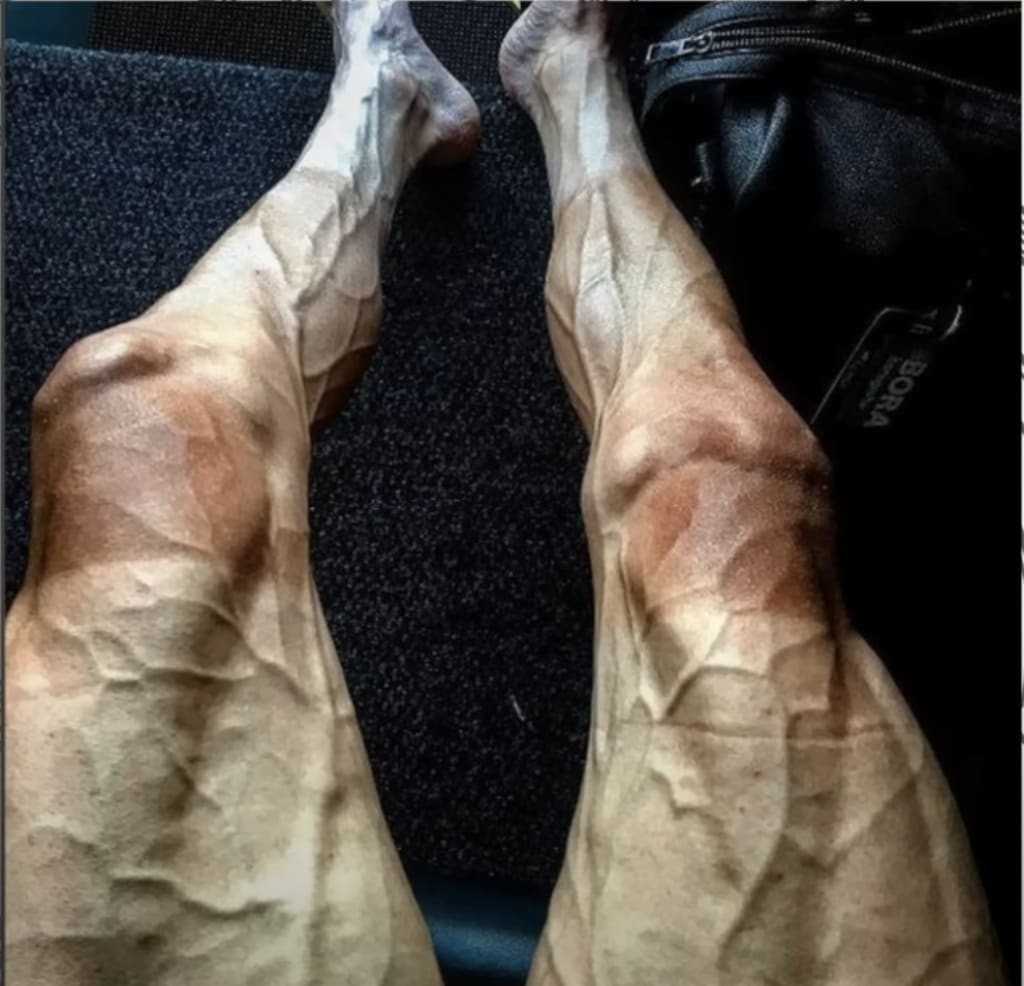
Nothing quite matches the sheer delight of embarking on a bicycle journey. However, this serene image takes a drastic turn when you witness the ordeal faced by professional cyclist Pavel Polyansky during the 16 stages of the Tour de France. These stages offer a glimpse into the extraordinary physical challenges endured at the world's most-watched sporting event.
Polyansky's legs, contending with the grueling tour, exemplify the toll exacted on the human body. The Tour de France spans a formidable 3,350 kilometers over 24 days, demanding cyclists to expend a staggering 8,000 calories daily—more than three times what elite runners burn in a marathon. This arduous test of endurance necessitates peak fitness as a professional prerequisite, with pain becoming an inevitable companion on the journey.
The extreme pressures of the race contribute to the widespread issue of doping, the illicit use of performance-enhancing drugs. The Tour de France's formidable challenges make doping prevalent among athletes striving to enhance their performance. The very nature of the race, with its extensive and perilous distances, beckons individuals to push their physical limits to the extreme.
Delving into the intricacies of the Tour de France, it becomes apparent that the event is not for the faint of heart. For enthusiasts or cycling aficionados, attempting even a single stage seems implausible for the average person, regardless of their athletic prowess. The race, with its demanding terrains, has been meticulously modeled since 2003 by individuals like Eric, utilizing available terrain data to predict winners accurately.
To comprehend the toll on the human body during this legendary race, it is crucial to examine the journey week by week. In the initial week, cyclists set off from Copenhagen, with millions of viewers tuning in. The physical demands are evident as their resting heart rates fluctuate, and the average calorie burn surpasses 5,500 calories per stage. Maintaining body weight becomes a daunting challenge, with winners consuming the equivalent of 210 Big Macs during the event's first week.
As cyclists progress into the second week, the challenges intensify, particularly with mountainous terrains. Stress levels spike, and the tear through red blood cells increases, leading to a potential risk of lower immunity and anemia. The body's maximum heart rate may wane, requiring adequate rest between stages. Climbing the formidable Col du Galibier at 2,642 meters above sea level presents a severe test, inducing muscle breakdown and heightened fatigue.
By the third week, cyclists navigate the Pyrenees and head for the Champs-Élysées finish, marking the culmination of their triumphant journey. However, even rest days carry their own challenges, as prolonged inactivity can result in damage. The physical toll is evident in the development of scar tissue as muscle tissue repairs itself, leading to tension and discomfort.
Retrospectively, the toll on retired Tour de France cyclists is muddled by the prevalence of performance-enhancing drugs. Drugs like EPO, despite enhancing performance, pose significant health risks, including thickening of the blood and potential life-threatening complications. The infamous case of Lance Armstrong, who won seven consecutive titles before being stripped of his titles due to doping, underscores the pervasive doping culture in the sport.
While the Tour de France remains an unparalleled test of human endurance and mental fortitude, efforts to promote clean sport and address the issues of doping are underway. Younger athletes are increasingly questioning the substances administered to them, fostering a push towards cleaner practices in the sport.
In conclusion, the Tour de France stands as a testament to the extraordinary feats achievable by the human body and mind. The physical and mental challenges, coupled with the allure of glory and iconic jerseys, create an unparalleled spectacle. However, the shadow of doping and its consequences serves as a reminder that the pursuit of excellence must adhere to ethical standards. Whether blazing ahead or struggling at the back, the Tour de France demands a mental resolve akin to ironclad determination, showcasing the remarkable capabilities of the human spirit.
About the Creator
Quint
Welcome to my corner on Vocal.media! I'm a passionate writer sharing engaging stories and unique perspectives. Explore cultures, arts, sciences, and everyday moments with me through concise and intriguing articles. Enjoy the reads!






Comments (1)
Sounds kinda rigorous but certainly something interesting.